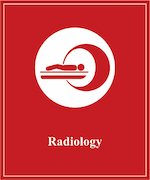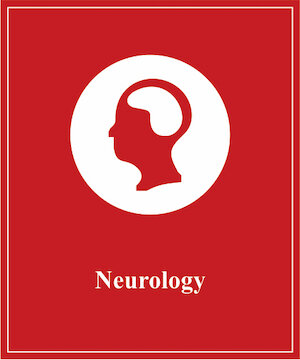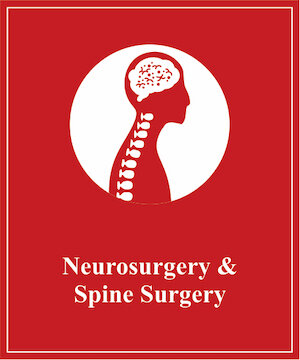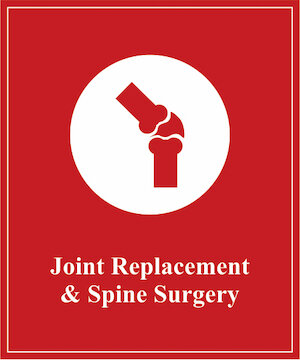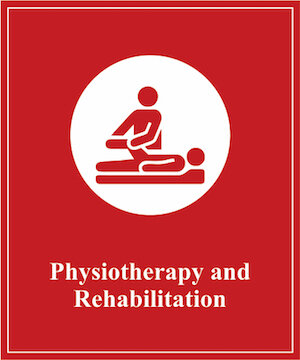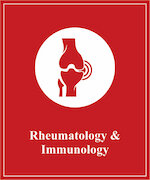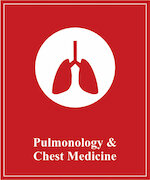Department of Nuclear Medicine
About
A special area of medicine called nuclear medicine provides both therapeutic and diagnostic services for a variety of causes. It entails the delivery of extremely tiny doses of radiopharmaceuticals (radiotracers) that have not been sealed in order to examine the operation of various organ systems as well as to diagnose and monitor cancer patients. Various medical disorders are treated with radiopharmaceuticals.
+ Key Services
- PET (Positron Emission Tomography) CT.
- Radionuclide Therapy (RNT).
- Bone Scans.
- Renal Scans.
- Gallium Scans.
- Lung Scans.
- Heart Scans.
+ Key Equipment & Infrastructure
- One PET/CT.
- One thyroid uptake probe and single well-counter.
- One automated ten well scintillation counter, One automated five well scintillation counter and One Liquid scintillation counter.
- Ancillary equipments/instruments: Isotope calibrators, Fume hood, survey meters, contamination meters, etc.
+ In-House Investigations available
- PET (Positron Emission Tomography) CT :- It is a powerful tool in nuclear medicine that combines the best of both functional and anatomical imaging to provide valuable diagnostic and treatment information for a wide range of medical conditions.
Nuclear Medicine FAQ
+ What is nuclear medicine?
Nuclear medicine is a specialized field of medicine that uses small amounts of radioactive materials, or radiopharmaceuticals, to diagnose and treat various diseases. It provides information about both the structure and function of the body's organs and tissues, making it unique in its ability to identify medical conditions at an early stage.
+ Is it safe to undergo a nuclear medicine procedure?
Yes, nuclear medicine procedures are generally safe. The amount of radiation exposure from a typical nuclear medicine procedure is comparable to, or often less than, that of standard diagnostic X-rays. The radiopharmaceuticals used have been optimized for diagnostic efficacy and minimal risk.
+ How should I prepare for a nuclear medicine scan?
Preparation can vary based on the specific procedure. You might be asked to fast for a certain period, avoid specific medications, or drink plenty of water. Always consult with your healthcare provider or the nuclear medicine department for specific instructions.
+ How long does a nuclear medicine procedure take?
The duration varies depending on the type of study. Some scans might take only 20 minutes, while others might take several hours or even be spread over multiple days. Your healthcare provider or technologist will give you an estimated duration during your consultation.
+ Will I feel any side effects after the procedure?
Most patients experience no side effects from a nuclear medicine procedure. The radiopharmaceuticals used are eliminated naturally from the body within hours to days. However, if you experience any unusual symptoms or reactions, you should contact to Medipulse's expert healthcare provider immediately.



